Following a rather abrupt exit from the postseason, the Atlanta Braves find themselves in a contemplative mood, trying to decipher what went wrong and how they can avoid similar disappointments in the future. Braves president of baseball operations, Alex Anthopoulos, acknowledges that there’s no one-size-fits-all formula for winning every year in baseball, which is part of what makes the sport so intriguing.
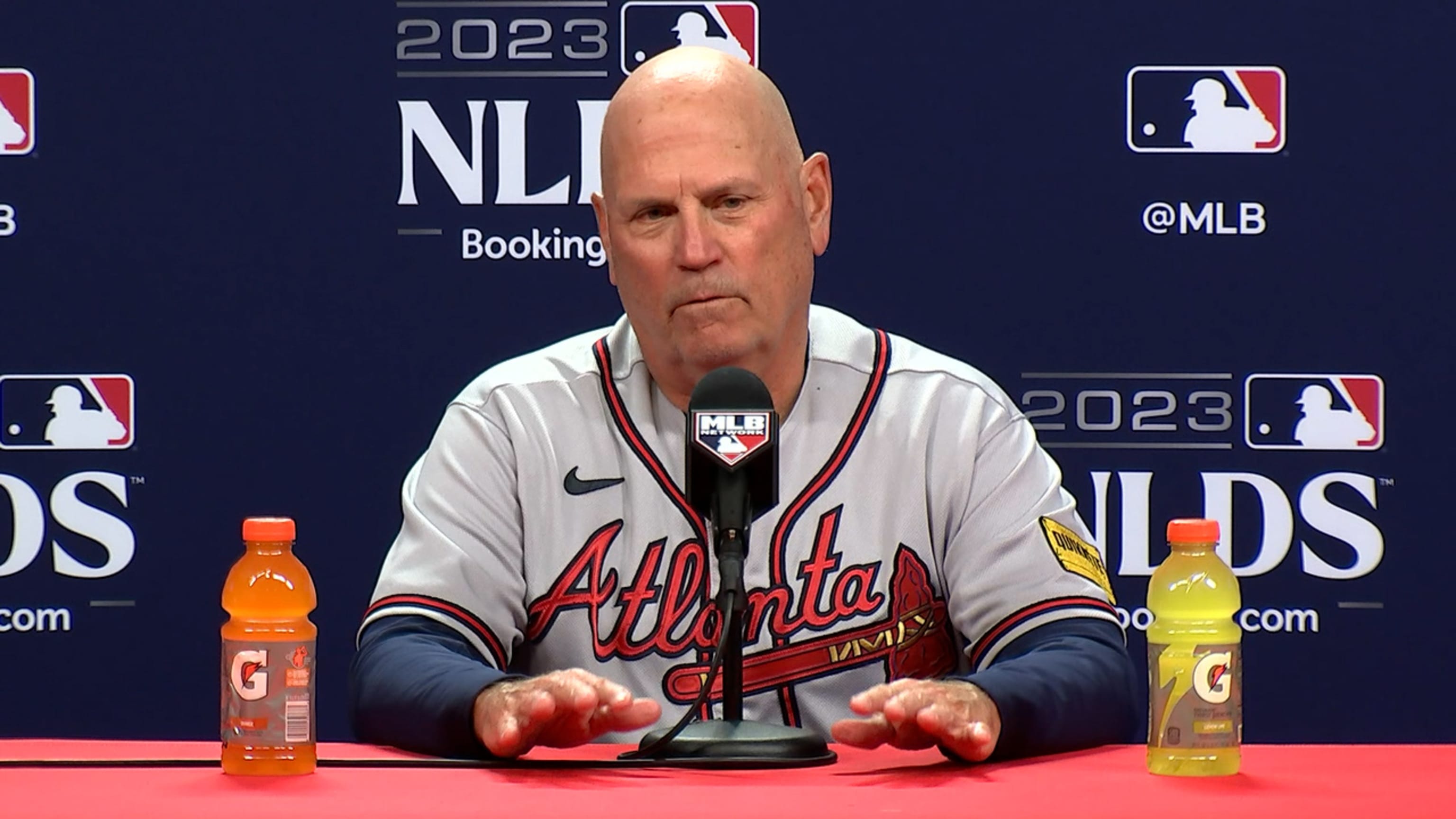
The burning questions are hard to ignore:
- How did a team that boasted a record-breaking .501 slugging percentage during the regular season manage only four extra-base hits in a disheartening three-out-of-four loss to the Philadelphia Phillies in the National League Division Series?
- How did a squad that matched the AL/NL single-season home run record with 307 homers get out-homered 11-3 by Philadelphia in the playoffs?
- How could an offense that averaged a solid 5.8 runs per game during the regular season muster just eight runs over four postseason games?
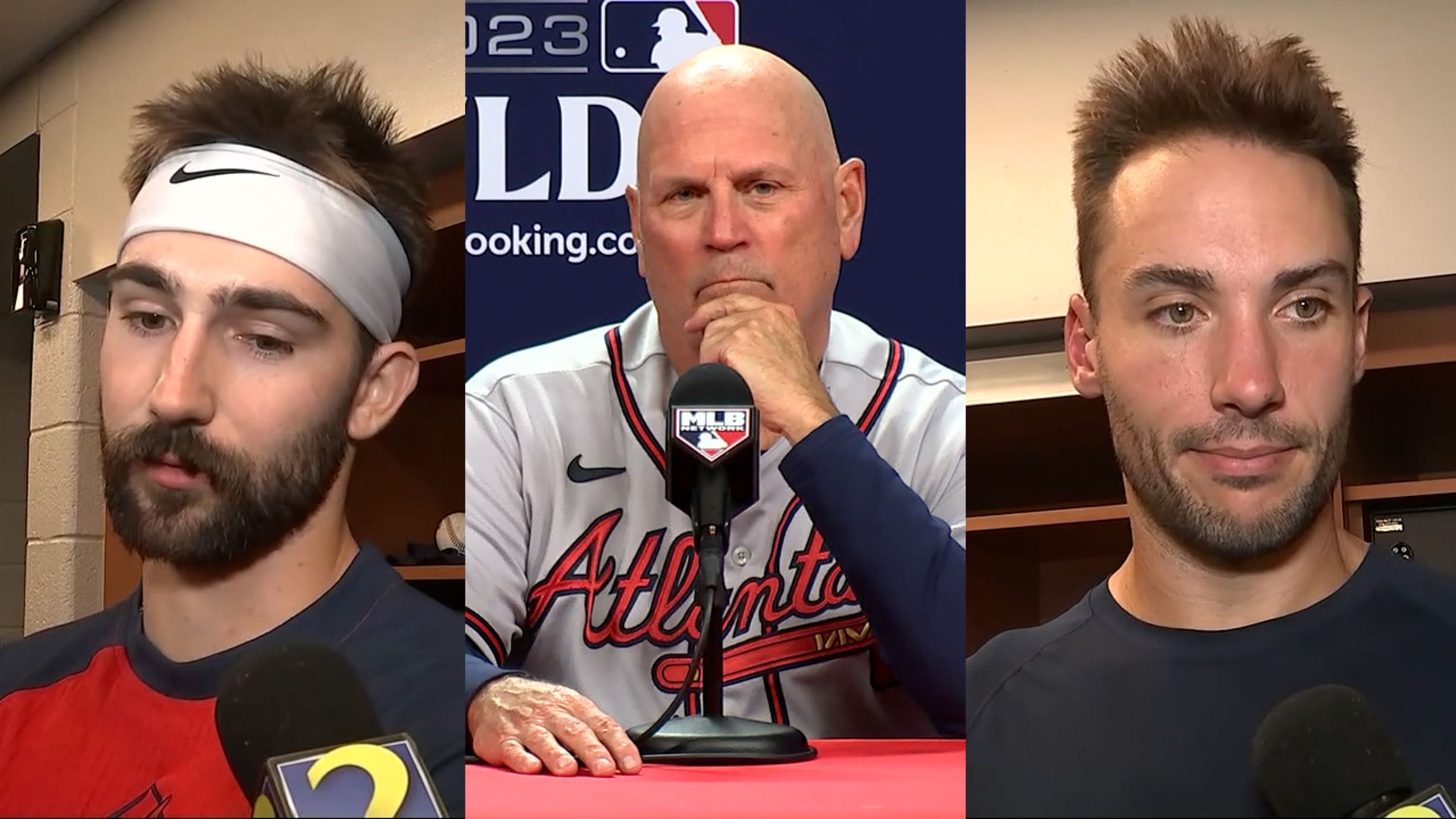
Anthopoulos reflects on the challenges: “We didn’t have issues with runners in scoring position during the year. Over four games, we didn’t come through. To try to extrapolate more from that than what it is, I don’t think would be a responsible thing to do.”
Statistics tell part of the story; the Braves went 3-for-18 with runners in scoring position, while the Phillies managed a more efficient 7-for-32 in similar situations. A close call in the seventh inning of the decisive game also highlights how the margins for success can be razor-thin in playoff baseball.
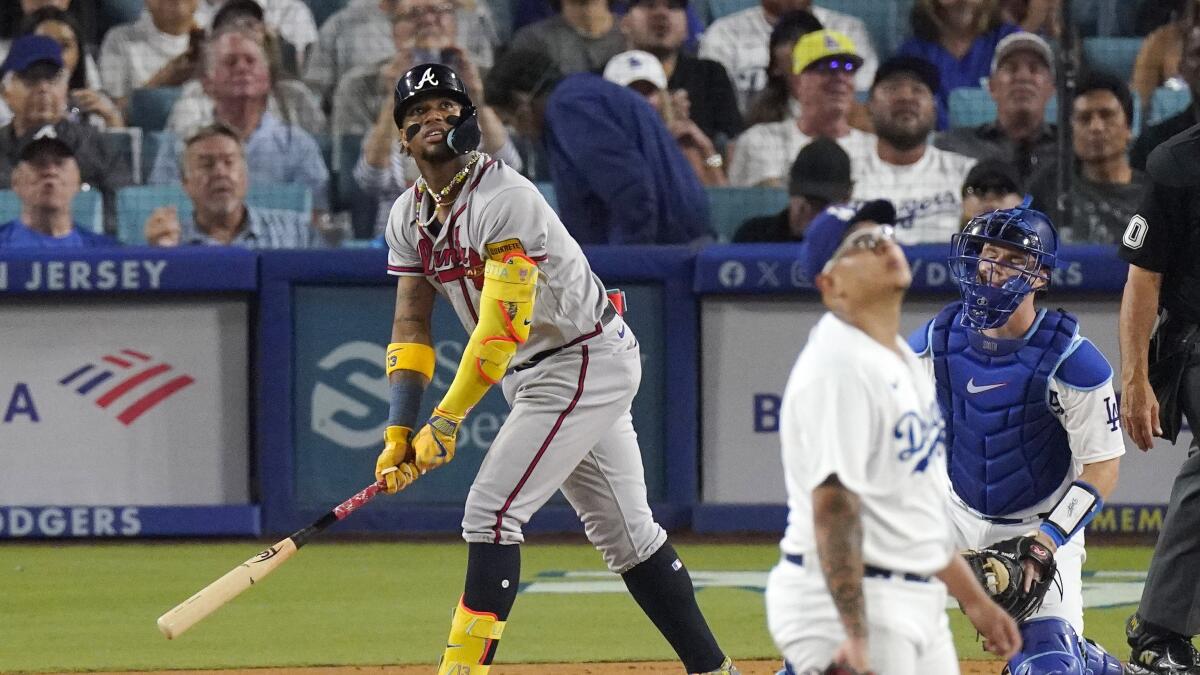
The performance of key players, like Ronald Acuña Jr. and Matt Olson, under the playoff spotlight might raise eyebrows. Still, Anthopoulos finds solace in the fact that even the best in the league, including Freddie Freeman and Mookie Betts of the Dodgers, can face similar struggles during the NLDS.
There will certainly be discussions about the impact of a bye through the Wild Card round, which left some teams idle for five days, as well as debates about whether the NLDS should transition to a seven-game series. But within the Braves organization, excuses are not on the agenda.
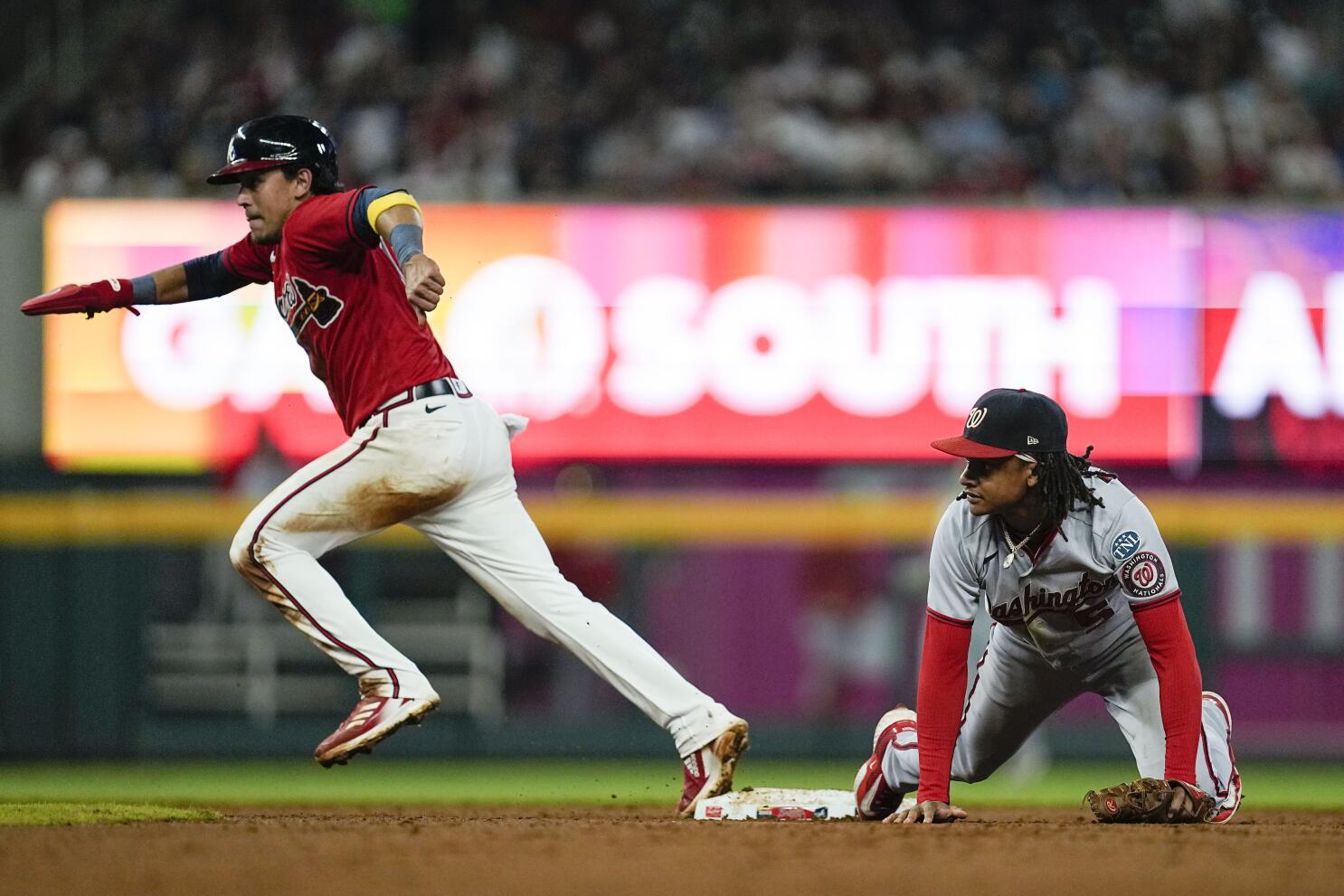
As Anthopoulos succinctly puts it: “Josh Donaldson said it best back in 2015, when I was in Toronto, ‘It’s not the try league, it’s the get-it-done league.'”
In terms of the pitching staff, there is a lingering question about whether the Braves will seek a top starting pitcher in the upcoming offseason. Veteran Charlie Morton, who missed the NLDS due to a right index finger ligament strain, has been a stalwart in the rotation, making at least 30 starts for Atlanta over the past three years and maintaining a respectable 3.77 ERA during that span.
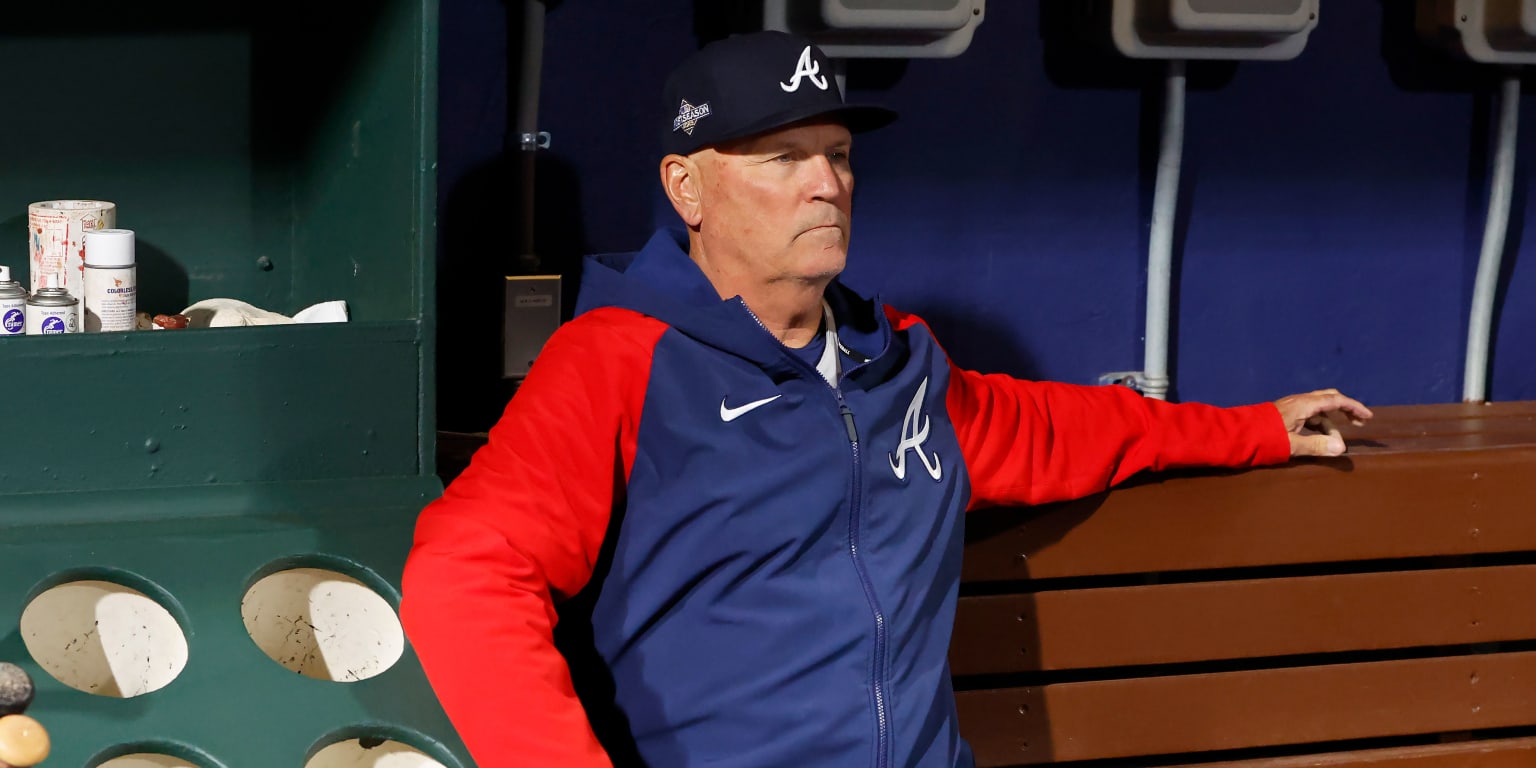
If Morton returns, he would join a rotation that includes Max Fried, Spencer Strider, and Bryce Elder. The bullpen depth could be fortified by the likes of Smith-Shawver, Winans, Vines, or Shuster. Additionally, Ian Anderson, once he recovers from Tommy John surgery next year, enters the fold as a potential candidate.
In the previous year’s NLDS against the Phillies, injuries had hampered Fried and Strider. This year, Morton was sidelined, and Elder, in his first full season in the big leagues, showed signs of fatigue towards the end.
/cdn.vox-cdn.com/uploads/chorus_image/image/72728294/usa_today_21574668.0.jpg)
When asked about pursuing top starting pitchers in the offseason, Anthopoulos remains guarded: “I’m going to be very cautious with our potential offseason plans. We’re not even there yet, and it’s only been less than 24 hours since the offseason officially started. However, it’s a valid point. These are real issues that have surfaced two years in a row. It’s something we’ll certainly need to address.”